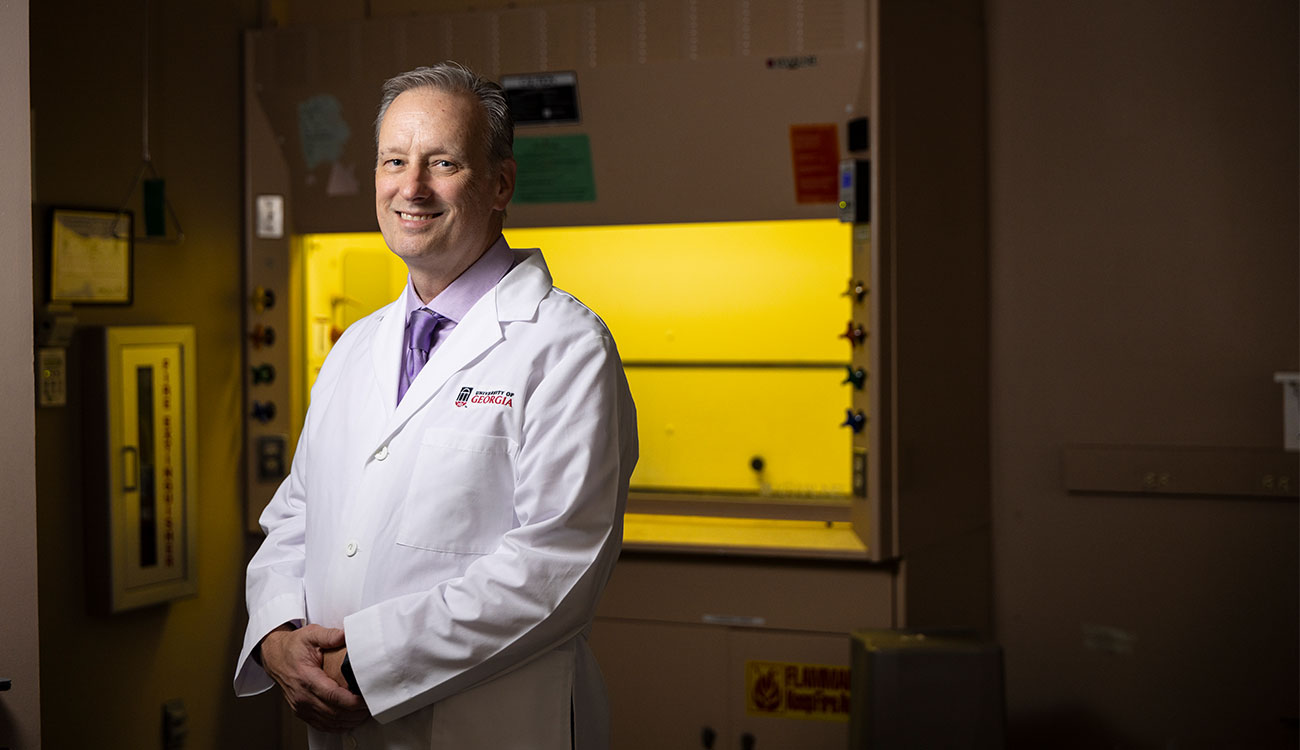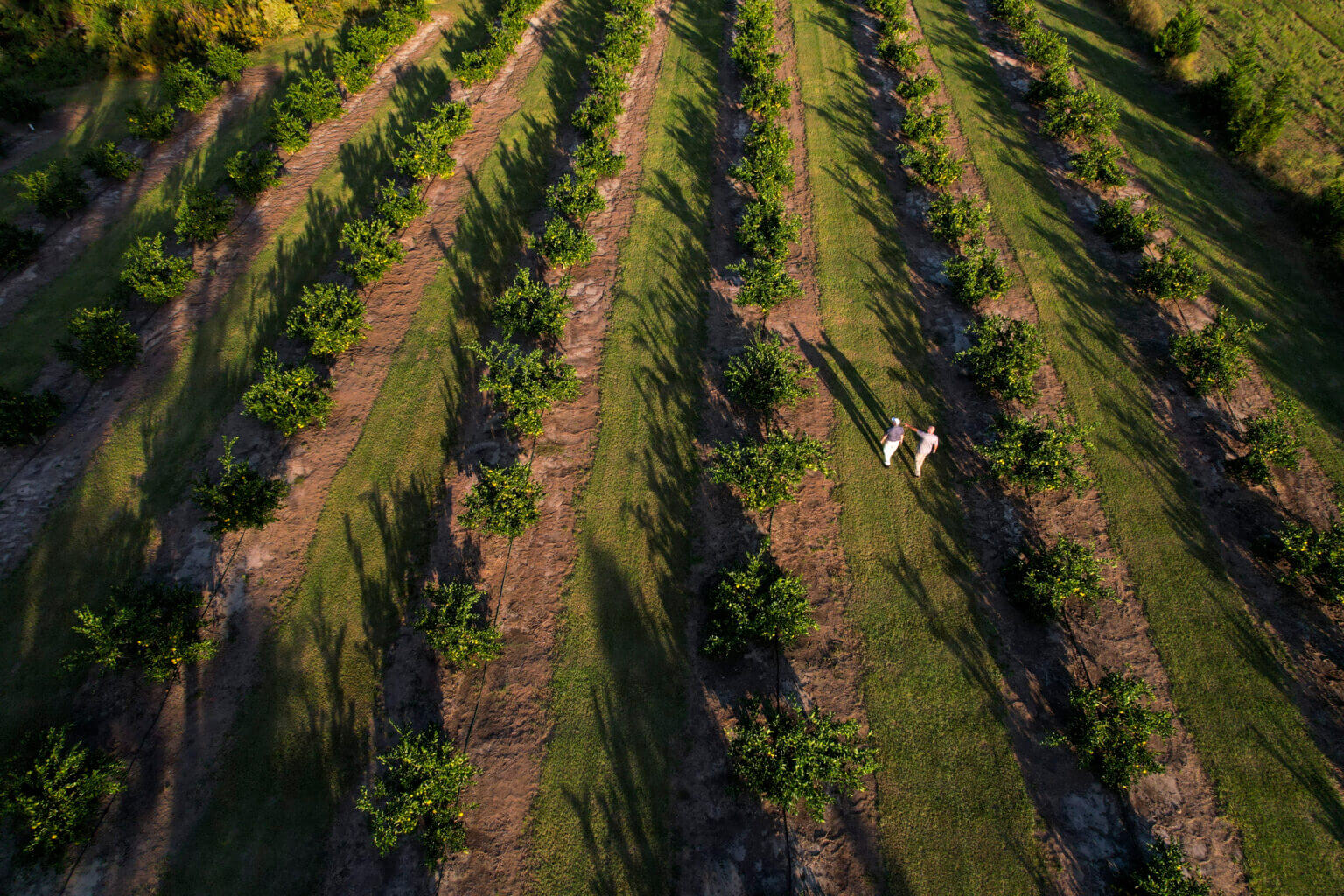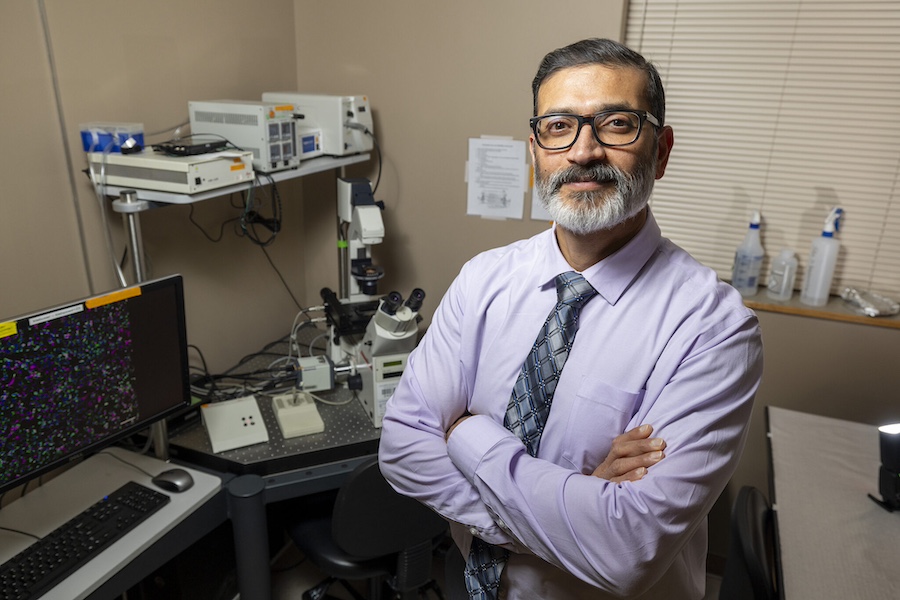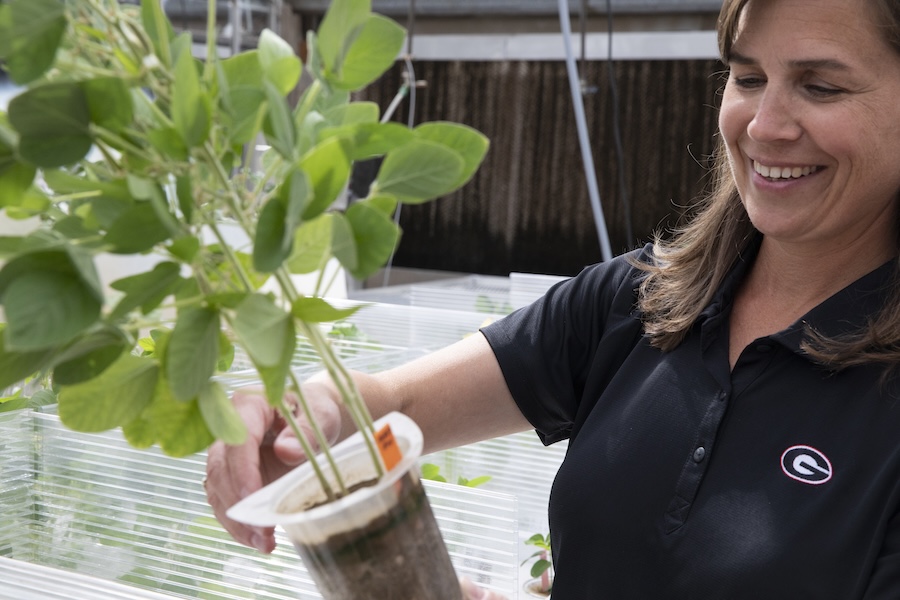Earth Day (April 22) Op-Ed
By Susan Varlamoff
University of
Georgia
Having worked in the environmental field in industry, environmental groups and academe for the past 25 years, I believe it's because we don't take time to listen and understand others' viewpoints.
The good news is that two groups with differing views are now trying to bridge the communication gap. To overcome the finger pointing on water issues, the Association County Commissioners of Georgia conducted an exchange program.
Y'all come
They brought rural officials to Atlanta and Atlanta officials to south Georgia so each could see and understand the other's concerns. What a difference it made, said Glenn Dowling, associate legislative director.The Georgia Environmental Council, an association of environmental organizations, facilitates forums on various issues. It tries to promote understanding between the conservation community and government, industry and others. Environmentalists will have a chance soon to speak with farmers about water rights, water conservation and water quality.
A new day dawned on Georgia's environment when the governor appointed an ecologist and scientist to direct the Georgia Environmental Protection Division. Carol Couch leads by example as she tours the state listening to environmentalists, scientists, farmers and industry representatives to understand their perspectives on issues.
High ideals
In her mission to protect and enhance Georgia's environment, Couch promises to be just, consider political and economic factors and base decisions on sound science.A sustainable society is often compared to a three-legged stool supported by economic, environmental and social legs. If we hope to maintain our equilibrium, we must give equal consideration to each factor. Herein lies the problem.
Many statements I've heard over the years illustrate how misinformation can damage our ability to work together to achieve sustainability. Examples include: If only we'd listened to the community, we might have avoided the protracted landfill battle. Gosh, we didn't know pesticide levels in urban watersheds exceed levels in rural watersheds – all along, we've blamed farmers. And those environmentalists will drive us out of business!
You gotta be kidding
What amazes me, too, is the uninformed perceptions people have of government, various industries and the conservation community. Granted, bad actors find their way into every interest group, but as our mothers said, "You can't judge the whole by a few."Farmers aren't trying to pollute the very land they rely on to produce food and their livelihoods. What sense would that make?
Industry provides work so we can provide for our families and have the time and resources to bike, hike and canoe in our parks. Georgia's economy needs to keep jobs within the state.
Many environmentalists are well-educated professionals who gave up lucrative positions to keep our rivers from flowing with raw sewage, to persuade the government to hold public hearings on important decisions and to prohibit mining in the cherished and irreplaceable Okefenokee Swamp. We need environmental watchdogs to safeguard our natural resources.
Time is short
With the complexity of environmental issues, we can't afford to waste more time not listening to one another and opting instead to go along with preconceived ideas and our own narrow agenda. Time is not on our side as we face critical water shortages and degradation of our air, streams and land in Georgia."A true environmentalist is a humanitarian who's interested in the welfare of the greater community," said Neil Veilleux, a 4-H educator at Jekyll Island and a Fulbright Scholar studying environmental public policy in Germany next semester.
"I would expect that almost everyone would want to protect the social community, and by extension the ecological community," he said, "for both themselves and future generations."
(Susan Varlamoff is the public relations coordinator with the Office of Environmental Sciences of the University of Georgia College of Agricultural and Environmental Sciences.)




.jpg)

